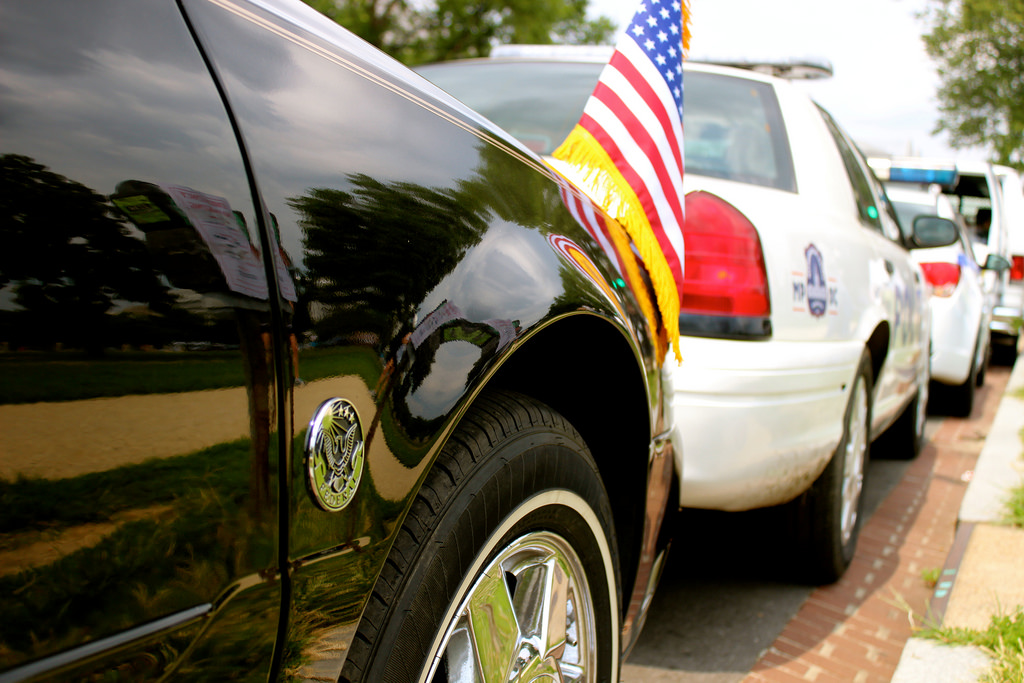“Facing the environmental cost of democracy”
September 6 Elections are a crucial part of a healthy democracy, but Angelique Pouponneau, 27, a Commonwealth Correspondent from the Seychelles, raises the issue of how we should consider the environment during an election campaign.
Elections are a crucial part of a healthy democracy, but Angelique Pouponneau, 27, a Commonwealth Correspondent from the Seychelles, raises the issue of how we should consider the environment during an election campaign.
The pinnacle of a democratic country is a constitution that makes provision for people to decide the direction of their country through the election of a party or candidate to lead the country for a set period of time.
The election period starts well before the polling date where people exercise their right by casting a ballot for their political favourite. The lead up to election is often littered with mass posters on the streets, pamphlets with manifestos or propaganda, calls for mass rallies, and travelling across countries in motorcade.
Do we ever consider the environmental cost of democracy, or should I say the environmental cost of elections?
I won’t pick on the essentials like the printing of ballot papers for millions of people with spares, in case of mistakes, as it will take a while before this all goes digital. But there are some features of elections that makes one wonder whether the benefit outweighs the environmental cost.
Let’s start with the posters, which are usually the first to go up. Strong political parties relish their stellar economic power to print the highest quality posters, which vary in sizes from billboard size to the size of a sheet of paper. These posters are then plastered onto a piece of wood and nailed to electricity poles or plastered on a piece of wood supported by more wooden stands. Are you thinking about the trees too? What happens to these pieces of wood after the results are announced, other than the usual laws that mandate that the posters must be removed? The use of paper is further increased during election time as a means to spread the message of each party, and usually left unrecycled and heading to the landfill.
After the posters, the rallies follow. Large crowds of people get together in a field to listen to their leaders and bond with other supporters over their combined belief in the direction of their country. During this rally, usually there is sale of drinks, most frequently in plastic cups, and food on plastic plates. The morning after, all we are left with is a field of litter that will end up in the landfill. During the election period, the landfill fills faster than usual with large dumps after party rallies.
The motorcade. So, people come together in cars and trucks to drive across parts of a country, or in smaller countries even from one end to another, for the sake of showing their strength or enhancing the atmosphere for the time of elections. It is common knowledge that vehicles emit greenhouse gases that contribute to the warming of the atmosphere, and in turn we have seen an increase in natural disasters and acidification of the oceans. Perhaps the parties that prefer the loading tens of people in the back of a truck and those that car pool are more sustainable?
You must be thinking, “But it happens once every five years, and it’s for democracy.” But are these features key to winning elections? Elections are happening all the time in different countries, and some countries are bigger than others so the waste produced can be very substantial. It raises the questions: Would you not vote for a person who did not have the highest quality posters? Would you not vote for the party that did not hold a rally? Would you not support a party that didn’t carry out a motorcade?
There must be more sustainable ways of conducting elections that do not mean such a significant cost to the environment, and that do away with practices such as the motorcade, that are purely artificial and aesthetic rather than meaningful engagement between candidates and voters. Whilst most electoral laws focus on financial limits to spending for campaigns, they seldom make any reference to the environmental costs to campaigns.
There certainly can be greater use of conveying messages using online platforms so we can save the trees, and if the rallies are a must, then biodegradable or recyclable products should be used for such gatherings. Whilst this happens once every four or five years, the impact on the environment will be felt for mandates to come. Democracy and elections can be environmentally friendly – we need to re-think elections from an environmental lens.
photo credit: DHuiz House of Cards Limo, Washington, DC via photopin (license)
…………………………………………………………………………………………………………………
About me: I am a barrister, advocating in all the Tribunals and Courts in the Seychelles. I am interested in sustainable development, the rule of law and international affairs.
I also support inclusive education systems so I volunteer at the School of the Hearing Impaired to teach English and Math. I would like to continue using education and the creation of opportunities for the advancement of young people, ensuring their voices are heard at national and international levels.
…………………………………………………………………………………………………………………
Opinions expressed in this article are those of the author and do not necessarily represent the views of the Commonwealth Youth Programme. Articles are published in a spirit of dialogue, respect and understanding. If you disagree, why not submit a response?
To learn more about becoming a Commonwealth Correspondent please visit: http://www.yourcommonwealth.org/submit-articles/
…………………………………………………………………………………………………………………




